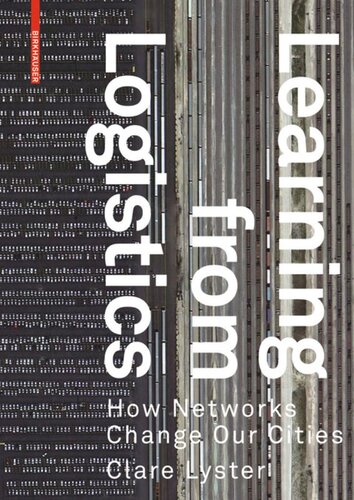

Most ebook files are in PDF format, so you can easily read them using various software such as Foxit Reader or directly on the Google Chrome browser.
Some ebook files are released by publishers in other formats such as .awz, .mobi, .epub, .fb2, etc. You may need to install specific software to read these formats on mobile/PC, such as Calibre.
Please read the tutorial at this link: https://ebookbell.com/faq
We offer FREE conversion to the popular formats you request; however, this may take some time. Therefore, right after payment, please email us, and we will try to provide the service as quickly as possible.
For some exceptional file formats or broken links (if any), please refrain from opening any disputes. Instead, email us first, and we will try to assist within a maximum of 6 hours.
EbookBell Team

4.0
46 reviewsDigital logistics alter the city
In the 19th century railroads and canals provided both structure and motor for city development. This role has been taken over today by the global flow of data and products, as the author argues. Flow of material and communication is the DNA of contemporary environments. This development has enormous and partially unfathomable implications for our city fabric. Logistics networks and their complex structure increasingly bear upon many urban spheres. Counter trends to the ubiquitous internet retail trade – to name one of the most palpable phenomena – are gaining momentum as well, exemplified by the criticism of labor conditions in e-commerce and the trend to buy regional products from local stores.
The author describes the current development and its impact on architecture, landscape architecture and urbanism: Aspects such as today’s hypermobility of both products and people have repercussions in design work and create new paradigms for architecture and urban design. Concepts for the integration of these new issues are introduced by a number of exemplary urban design projects.